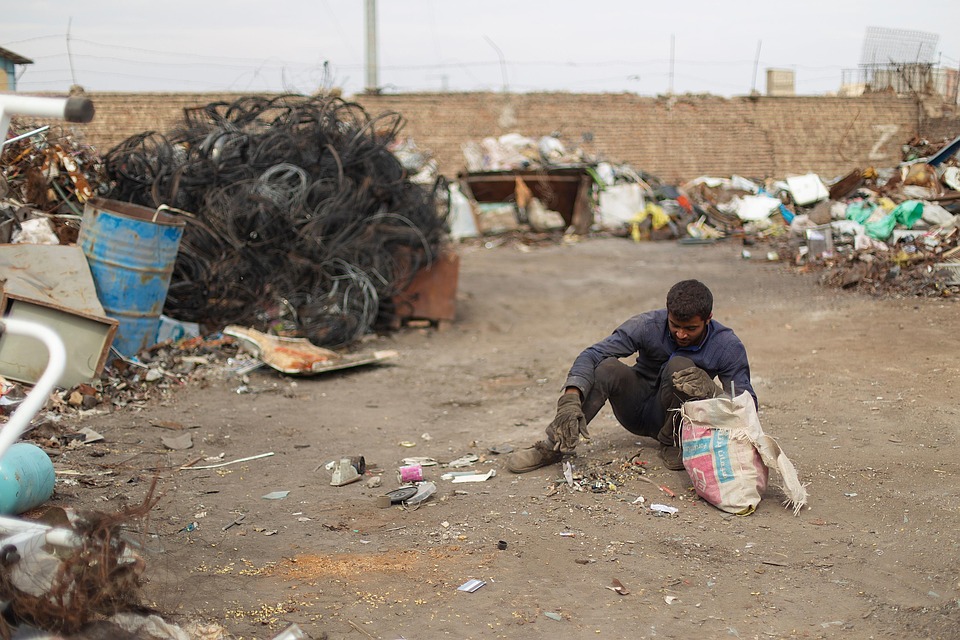Essential Interview Guide for Waste Management Officers: Tips and Insights for Success
Navigating the world of waste management is no small feat, especially when it comes to securing a position as a Waste Management Officer. A role that demands not just technical knowledge but also a passion for sustainability and community wellbeing. Here’s how to shine in your interview and leave a lasting impression.
Understanding the Role
-
What’s Expected?
A Waste Management Officer isn’t merely a title; it’s a commitment to ensuring that waste is managed effectively, efficiently, and ethically. Candidates should grasp the intricacies of waste collection, recycling processes, and the legislative framework governing waste management. Familiarity with local policies and innovations in the sector can set you apart. -
Core Responsibilities
Be prepared to discuss your understanding of key responsibilities. These include creating waste management strategies, conducting audits, and liaising with various stakeholders. Highlight any previous experiences that demonstrate your ability to handle these tasks.
Preparing for Common Questions
-
Technical Knowledge
Expect questions that delve into your technical expertise. You might be asked to explain the differences between various waste treatment methods, such as incineration versus composting. Brush up on current trends in waste management, including circular economy principles and emerging technologies. -
Scenario-Based Questions
Interviews often feature hypothetical scenarios to gauge your problem-solving skills. Consider how you would respond to a sudden increase in waste due to a local event or a community complaint about littering. Your answers should reflect a proactive and solution-oriented mindset.
Showcasing Soft Skills
-
Communication is Key
As a Waste Management Officer, you’ll need to communicate effectively with a diverse range of people—from local residents to council members. Your ability to foster collaboration will be scrutinised. Provide examples of how you’ve successfully navigated complex conversations or community outreach efforts in the past. -
Leadership and Initiative
Don’t shy away from discussing leadership experiences. Whether it’s leading a team during a project or initiating a new recycling programme, illustrate your capability to inspire others and drive change. Potential employers value candidates who can take the initiative and demonstrate a genuine commitment to environmental stewardship.
Research and Preparation
-
Know Your Organisation
Tailor your research to the specific organisation you’re interviewing with. Familiarity with their projects, values, and challenges will impress your interviewers. It’s an opportunity to show that you’re not just looking for any job, but that you’re genuinely interested in their mission. -
Prepare Questions
Interviews are a two-way street. Prepare insightful questions that reflect your engagement and curiosity about the role and organisation. Inquire about future projects, team dynamics, or how the organisation measures success in waste management initiatives.
Final Touches
Before the big day, ensure your CV is polished and reflects your qualifications succinctly. Dress professionally, and remember to arrive early. Confidence is key, but so is humility; be open to learning and demonstrating your eagerness to contribute positively to the team.
In the world of waste management, securing an interview is just the beginning. With thorough preparation and a genuine passion for the field, you can navigate these waters successfully. Remember, CVPortal continuously brings you high-quality CV references to help you along your journey.


